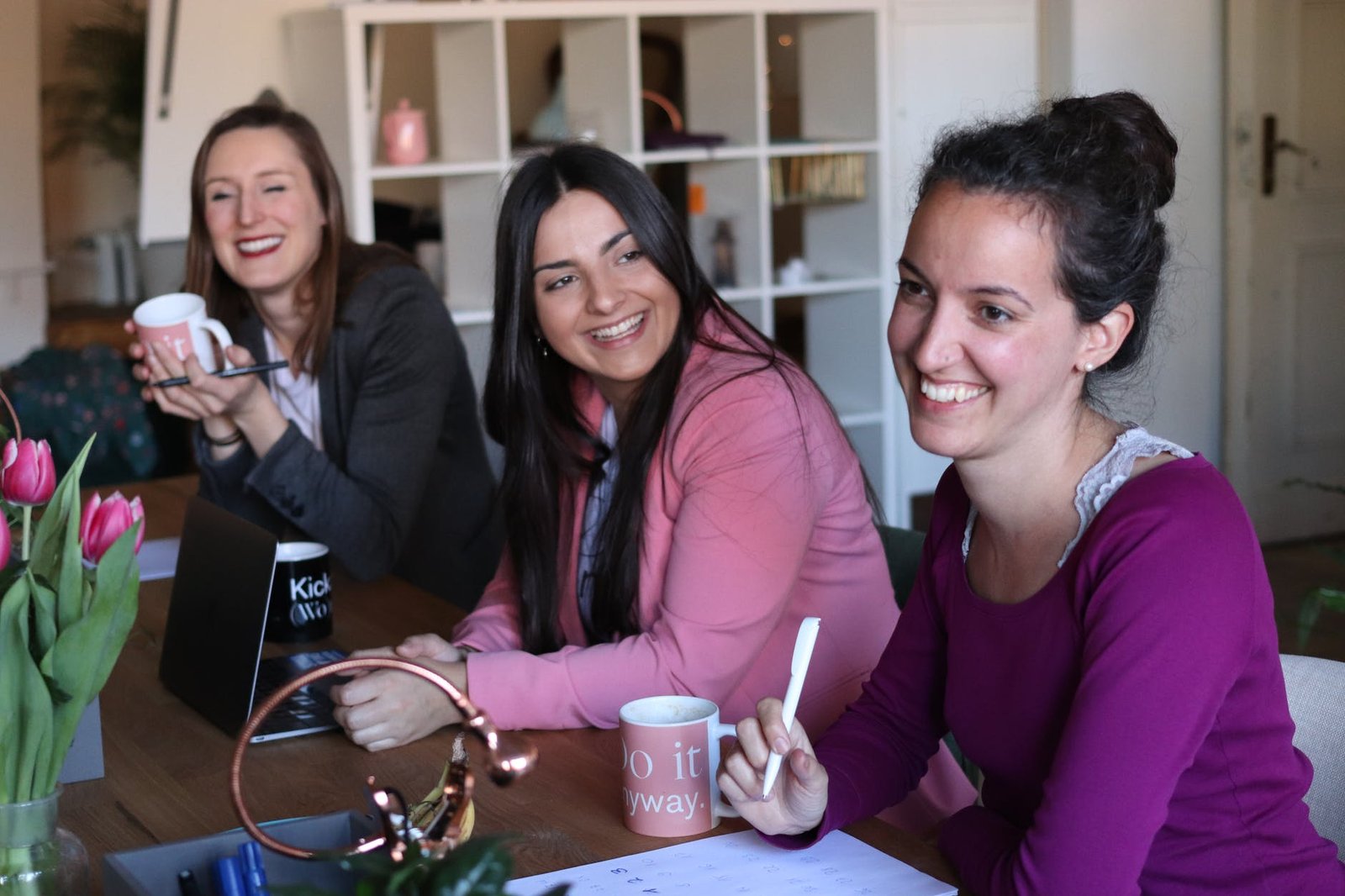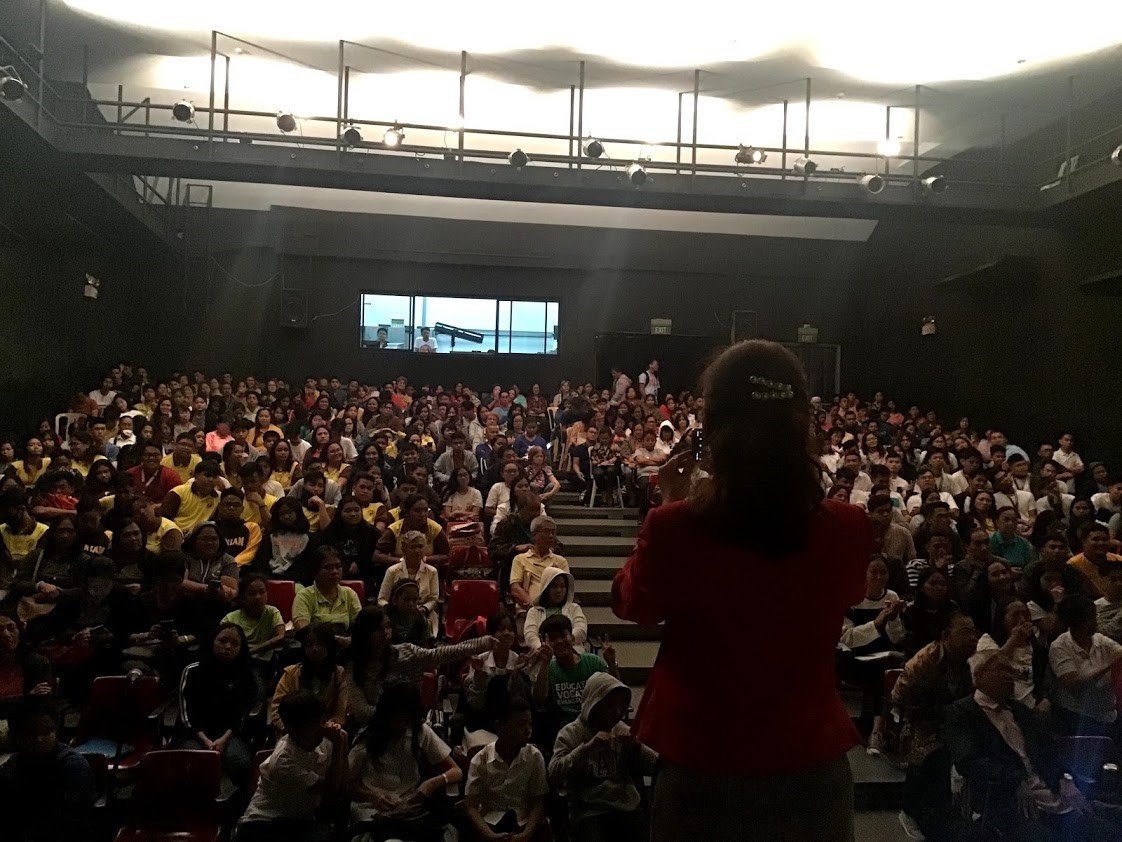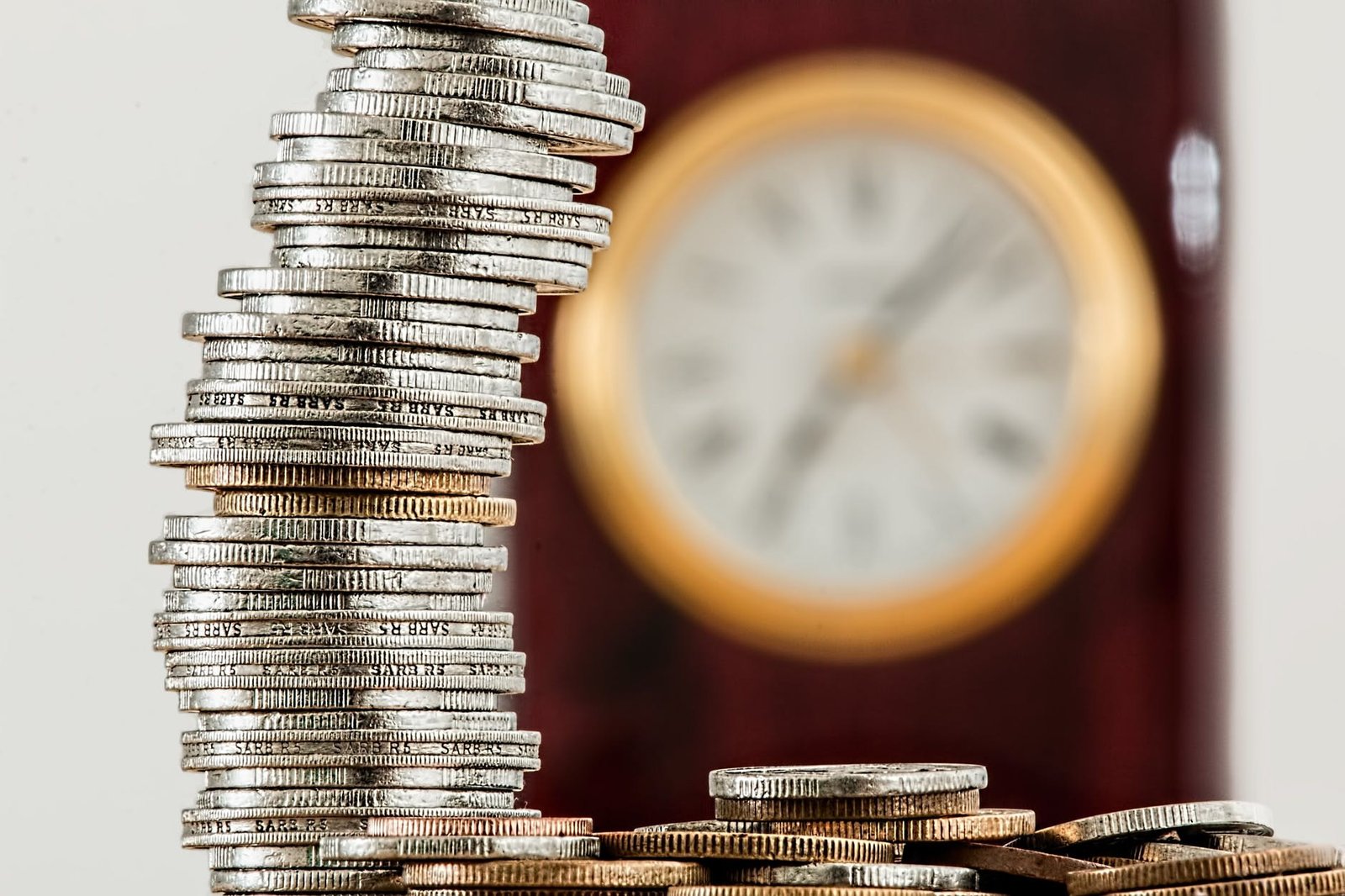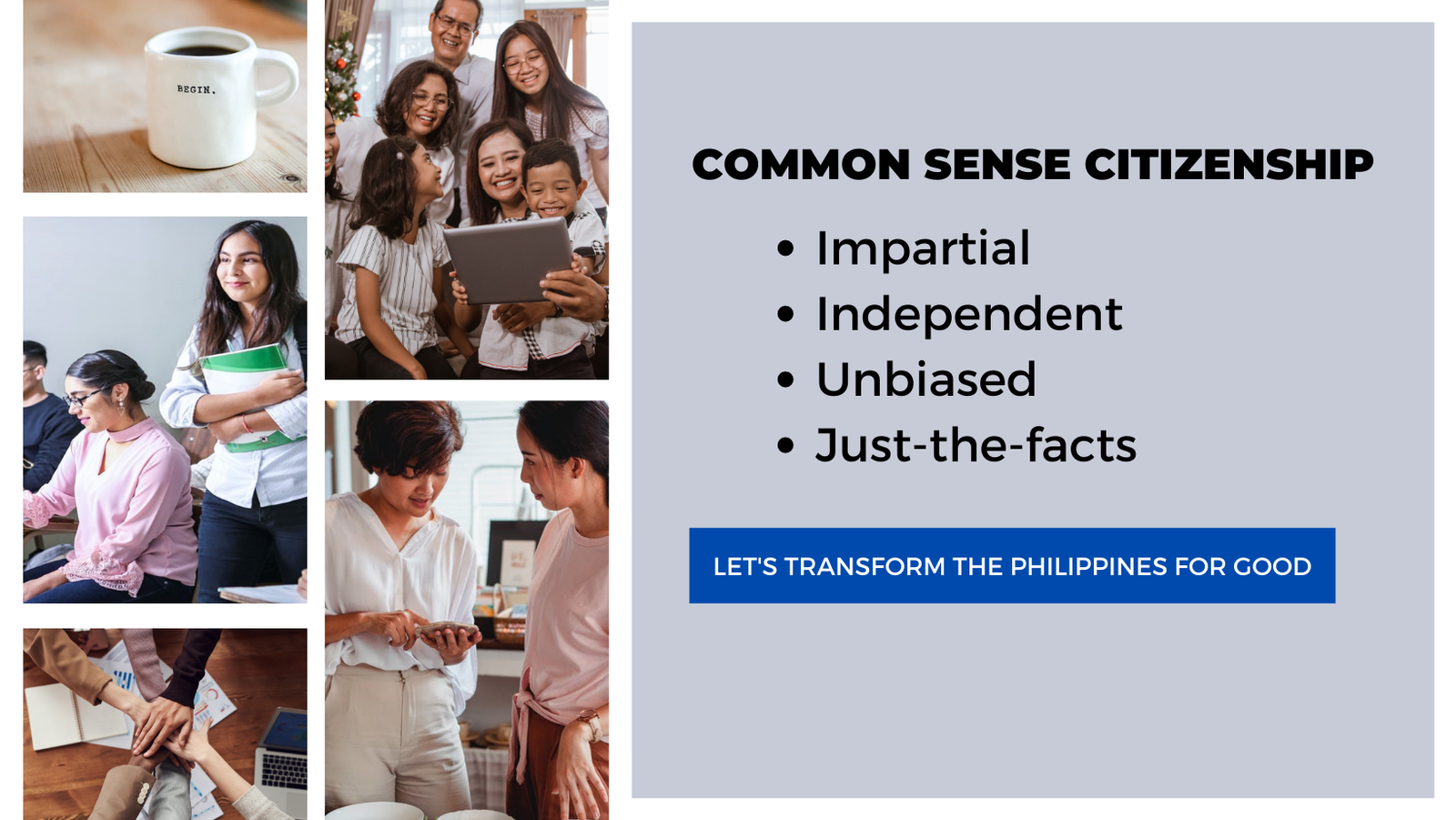If you are reading this, Congrats! You survived 2020! You may have lost a job or a family member, you have been furloughed, your business closed down or your health may have suffered. Whatever degree of difficulty, these experiences may have caused you emotional, social and financial upheaval.
Although some countries around the world have turned a new page as they roll out their vaccination programme across the population, we may still need to deal with the effects of the 2020 pandemic. As the Philippines continue in lockdown and awaiting the vaccine to get to our communities, we may need to focus our time and energy on what matters, work deep within and prepare ourselves.
So, how do we move forward in 2021?

Look back
Look back with gratitude for the things that we have individually and collectively accomplished. Grab a notepad and pen, and write down the things that that you are grateful for. Research has shown that gratitude modifies behaviour and opens the reward pathways in the brain that helps you appreciate the progress you are making. Also, gratitude journaling is a good antidote for the pain and struggles that we are going through during this difficult time.
Rethink, Review, Rewrite your Personal Vision Statement
We have been caught off guard by the tragic impact of the pandemic. Our plans in 2020 may have been shelved and our priorities in 2021 may have changed. You may need to take some time to reflect and rewrite on what matters to you going forward. How has the pandemic affected you? How do you see your life moving forward? What are your actionable steps in your personal growth and transformation that you can commit to in the next 12 months? What do you want to celebrate and be thankful for on the 31st December 2021?
In personal finance, there are several areas that you can start your recovery and start small –

Strengthen your livelihood
If you lost your job, make an inventory of your skills and experiences, including hobbies. Pick one or two that you think you can monetise. Whether you will seek employment or taking the entrepreneurial route, you may consider reaching out to community groups and individuals to get ideas on how might you get your project off the ground in the most practical way.
Design your Environment for Success
As we continue to stay at home in 2021, keeping your surroundings clean and tidy gives you a sense of control and wellbeing. This is not just your physical environment but also your inbox and your mobile phone. If you want to focus and up your productivity game in 2021, consider deleting the apps that do not contribute to your productivity or finances or consider putting all the apps on another phone if you have an extra mobile phone. Otherwise, leave the phone on the drawer or in another room. Prompts for updates that suggest you add to cart can just be an easy cue for you to be tempted browsing or add to cart and buy more. Even if it’s a small amount, it adds up. Spending adds more spending and mess adds more mess and will not contribute to your general wellbeing.
Lewin’s research says that an individual’s behaviour is a function of the person’s personality, history, motivation and environment which includes their social and physical surroundings. So, the more you can design your environment for success, the more it will help you avoid the tempting situations which will help you focus on getting your tasks done.
Replenish and Boost your Rainy-day Fund
If you have drained out your emergency fund, it’s time to replenish them. Or if the pandemic caught you off-guard without one, it’s high time to create one. How much? The rule of thumb pre-covid was to have a rainy-day fund that can last between 3 and 6 months of your living expenses. If you were furloughed or been laid off and still out of work for more than 6 months, chances are you might have drained this out during the pandemic. So, how much rainy-day fund will you put aside? The answer is how much will you and your family need to feel secure or you can sleep well at night?
Automating your Savings
If you have been putting aside manually your budget for parking fee, fuel, coffee take-away and meals for an emergency fund, consider removing the manual task of saving by automating it. Removing the decision-making and negotiation [if you get tempted to buy instead of saving] from your head is a powerful way to save consistently without you noticing it.
Outsource you Risk
If you are the head of the family, it will help your emotional and financial wellbeing if you will buy insurance. You are basically paying at a fraction of the cost of the risk to protect your income and health. If you cancel your insurance last year as your strategy to free up cash, talk to your Insurance Company to reinstate it or get a new one. Without insurance, you will have to shoulder out of pocket expenses that you may need to incur.
Fund your Dream Fund
Start your passion project fund, new kitchen fund or an adventure fund and use the money you would have spent on clothes, shoes, makeup, coffee, etc to fund this project. You can pay with confidence come project roll out time.
Zero out your Credit Card Balance
If you carried a credit card balance when COVID-19 struck in 2020 and your company furloughed you or laid you off, chances are you might be carrying a growing credit card balance. Maybe this is an area that you need to work on this 2021. How do you zero this out? For your peace of mind and wellbeing, facing this upfront is better than sweeping it under the rag. Call your credit card company and discuss your situation. Propose a repayment programme and commit to paying it off completely if you can on or before the 31st December 2021.

Find an Accountability Partner
No one can do it alone. Maybe you can, but you will need strong will power to do it alone, and you might end up exhausted and just give up. Get help from people you feel safe and committed to helping you show up every single day. Besides, it’s more fun to do it with others.
2021 is a Year of Continued Learning
As we continue to be sequestered at home while the vaccination programme is still being planned out, sculpt a time in your day or week that you can close the door to dedicate it to your personal growth. What are the things that you need to start learning? The major clues are the pains and struggles in your life. This tells you where to invest time and energy in personal growth. Whether you have to work on your mindset, habits, productivity, relationship, overcoming setbacks or procrastination commit to the smallest action that you can take and apply it consistently across your health, finances or relationship. Your learnings are your agencies for growth and transformation.
Be part of a Community
Your first port of call is often your family, friends or your social network, the latter is a real community of like-minded people committed to supporting each other’s goals. Studies have shown that people are collaborative and helpful in a crisis. We are genetically coded to support each other. We are also social beings hence much of the emotional distress can be attributed to the reduced face to face interaction in lockdown. For that reason, quite a number of social groups have sprouted to support small entrepreneurs, start-ups, parents, OFWs, plantitas and more.
You can use this network to bounce back ideas, crowdsource solution, share your expertise or find leads in your projects and business.
In spite of our best efforts, the events in 2021 can take a new direction. Hence, taking some steps to plan, prepare and start implementing those plans will help you. With that, it might help to approach your recovery from a place of hope, faith and optimism for the future.
Social and emotional learning and financial capability [self literacy] are what we do.
Follow IG @selfmatters_ph and FB @SELFMattersph for more value self-literacy lessons and content.
If you need help, we would love to serve.
















































